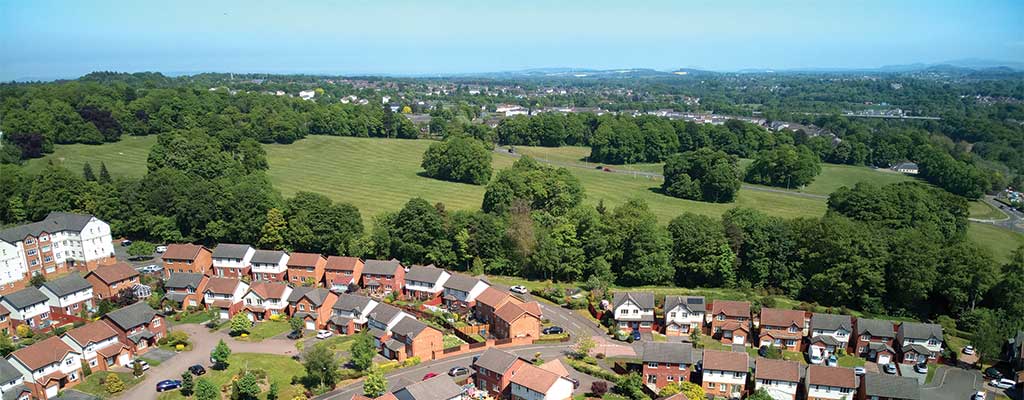Geothermal energy from abandoned coal mines

One quarter of residential properties in the UK sit on the coalfields.
When underground mines are abandoned, the pumps that kept them dry are switched off the mines often fill with water. This water is heated by the geothermal gradient and the temperature remains stable year-round, making it suitable for supporting mine water heat networks.
Mine water can be accessed by boreholes drilled into mine workings or at some locations where we operate mine water treatment schemes.
Heat networks, using heat exchangers and heat pumps, can be used to supply heat and hot water to buildings and also as a heat source for horticulture, light industry, and other purposes.
Abandoned coal mines that contain mine water, present an enormous opportunity to Great Britain as a source of low carbon, secure heat.
Mine water heat could help to support investment, levelling up, energy security and new green jobs in coalfield areas.
It could also provide a significant low carbon contribution to Britain’s future renewable energy needs. Many local authorities have already declared a ‘climate emergency’, with pledges to become carbon neutral in the coming years.
Further information
You can view a news article we did with ITV-X, focused on Gateshead and Lanchester Wines, which gives a good understanding of the approach/es being taken.
You can also read an article we supported France24 with, which covers two of our current schemes – Seaham and Gateshead – where mine water heat is/will be used.
Treatment scheme locations
The Coal Authority manages more than 70 mine water treatment schemes across Britain, handling and have the capacity to treat 220 billion litres of mine water every year and the locations of these can be seen on the map below. Click on a site to find out what the average water flow rate is for the site and whether the water is pumped or not.